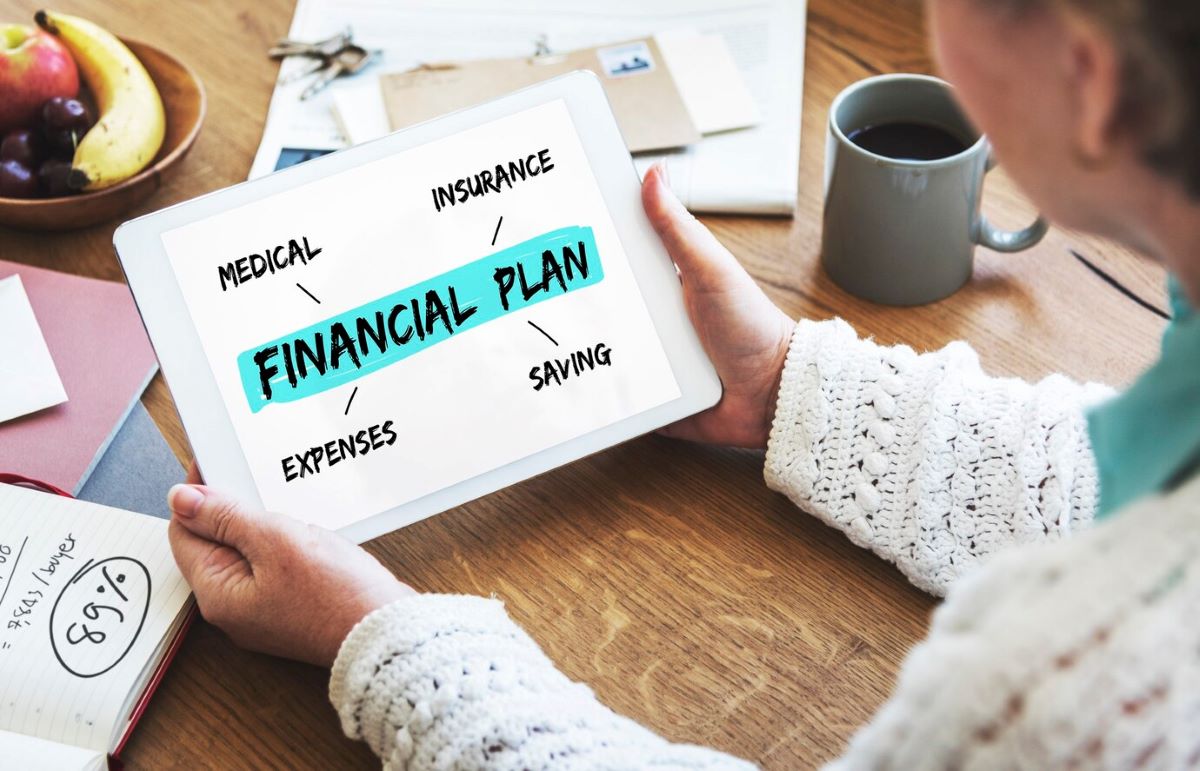In March 2020, COVID-19 upended our collective lives as we knew it, throwing countries and their healthcare systems into chaos when governments around the globe announced an economic shutdown. The loss of human lives was immense—as was the economic fallout. Businesses shut down suddenly, people lost their jobs and families went into lockdown mode, unsure when things would be back to “normal.” As we began to gradually emerge from this unprecedented situation, we were faced with scenarios that needed our immediate attention—chief among them being income security and financial stability. Sadly, not everyone has recovered fully from that catastrophic historic event. Which is why we have put together seven solid tips from experts on how to survive a financial crisis, either of the COVID-19 magnitude, or otherwise, one day at a time.
Curb Your Spending
There’s no better time than financial uncertainty to review your finances to see if there’s scope to cut back on non-essential spending. Perhaps that big home reno can wait another year; focus on spending money on necessities. Little changes can help, such as cooking at home instead of ordering take-out too often, having a go at your yard or cleaning your home yourself instead of hiring out professionals, or refraining from online shopping for non-essential items like new clothing. Surely, this year is when you can recycle your outfits from last season for your innumerable Zoom calls. There are many ways to cut back—just separate your wants from your needs and learn to prioritize.
Build an Emergency Budget
Once you’ve zeroed in on your essential expenses, it’s time to go back to the drawing board and build a roadmap for your financial future. This starts with budgeting where you are able to plan for the future and keep your finances on track. Some folks might need to build an emergency budget if their cash flow—whether from a job or business—has been significantly impacted. The first step is to access a free budget workbook or spreadsheet that is easily available online. Make a list of your essential expenses, like your mortgage, car payments and food. Keep going from the most important to the least important expenses, like fine dining or salon services. If you are paying membership fees for gyms or any other services where you have an automated payment system in place, pause them. Allocate your spending to the most essential items on this list and, if there’s a bit left, save it for the future.
Take Stock of Your Debt
If you’ve suffered a loss of income or incurred significant losses in your business, your debt payments are probably keeping you up at night. Don’t lose heart—Canada’s top banks have relief measures and programs like deferred payments, reduced payments to minimum amounts, loan extensions and other support that you may need, especially for big ticket items like mortgage payments. The first step is to review all your current debt and figure out how much of it you will be able to pay off and what would be your altered payment plan. Consider enrolling into a debt management program where seasoned credit counselors can offer advice and guide you towards a plan that is best suited to your needs. Owing money is an overwhelming feeling, but with the right plan in place, debt can be managed efficiently.
Plan a Side Gig
Income loss owing to layoffs is a harsh reality for many all over the world. Going back to full time work or going back at all may not be a possibility. Setting up a side gig or taking on extra work at this point may be a good idea not only to earn some extra money but also as an opportunity to pursue a passion that you might not have had time for because of your regular 9 to 5 job. Side gigs may not provide the same amount of money as a former regular job, but every bit helps in a crisis. There is also a possibility that what began as a side hustle could evolve into a full-fledged career or business in the future.
Seek Out Financial Assistance Programs
Just like the Canadian government made provisions to assist individuals and businesses affected by the COVID-19 crisis; it is crucial to keep track of all the programs available for financial respite and make them work for you. Programs include child benefit programs, student loans, the Registered Retirement Income Fund (RRIF), wage subsidies for businesses, mortgage deferrals and more. Finally, find out if you are eligible for any federal government relief programs—similar to the Canada Emergency Response Benefit (CERB) offered during the time of COVID-19.
Draw on Savings and Investments
For some who have incurred major financial losses, dipping into one’s emergency funds is a logical step to take. But one needs to use these funds smartly. For example, TFSAs are a good starting point since you don’t lose your contribution room and there are no adverse tax implications; whereas you will have to pay full taxes on any RRSP withdrawals, and you will lose your contribution room. If you’ve invested in stocks and are planning to withdraw from your portfolio, tap into your savings account or investment-grade bonds that are usually steady in a crisis.
Monitor Your Mental Health
Last, but definitely the most crucial piece of advice, is to take care of your mental health and that of your loved ones. There’s usually no foolproof way to navigate a financial crisis, but be aware that you are not alone in your troubles, reach out to friends and family and keep them close. Firstly, learn to let go of what you can’t control and plan around things that you can. Financial health is intricately linked to physical and mental health, so keep up a routine of a healthy diet, rest and recreation.
The Edge Team




















